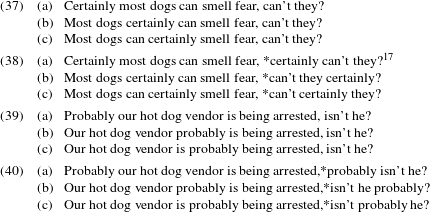Much is used with singular nouns; many is used with plural nouns.
There isn’t much food in the house. (NOT There isn’t many food in the house.)
You have given me too much cheese.
Were there many people at the meeting? (NOT Were there much people at the meeting?)
I have had as much trouble as I can bear.
She hasn’t got many friends.
Much and many can be used as noun phrases before determiners.
You didn’t eat much breakfast.
There aren’t many eggs left.

Before pronouns and a noun with a determiner (articles, possessives, demonstratives) we use many of or much of.
Daria!Huang!@May!2015 Quantifiers!are!adjectives!or!adjectival!phrases!thatdescribe!“how!much”(uncountable)!or! Quantifiers with countable and uncountable nouns. Adjectives and adjectival phrases that describe quantity are shown below. Some can only go with countable nouns (friends, cups, people), and some can only go with uncountable nouns (sugar, tea, money, advice). The words in the middle column can be used with both countable and uncountable nouns.
How much of the roof needs repairing? (NOT How much the roof needs repairing?)
How many of you are there? (NOT How many you are there?)
Much of can also be used before personal and geographical names.

Not much of Africa is developed.


Much and many can be used without a noun if the meaning is clear.
You have given me too much. I can’t eat it all. (= You have given me too much food.)
Did you find any strawberries? ‘Not many’
Not used in affirmative clauses
Clear Explanation About English Quantifiers Pdf Download

Clear Explanation About English Quantifiers Pdf Free
Much and many are unusual in affirmative clauses. Instead we use other words and expressions like plenty of, lots of, a lot of, a great deal of etc.
Compare:
Clear Explaination About English Quantifiers Pdf
I don’t have much work to do.
I have plenty of work to do. (More natural than ‘I have much work to do.’)
Were there many people at the meeting?
There were lots of people at the meeting.